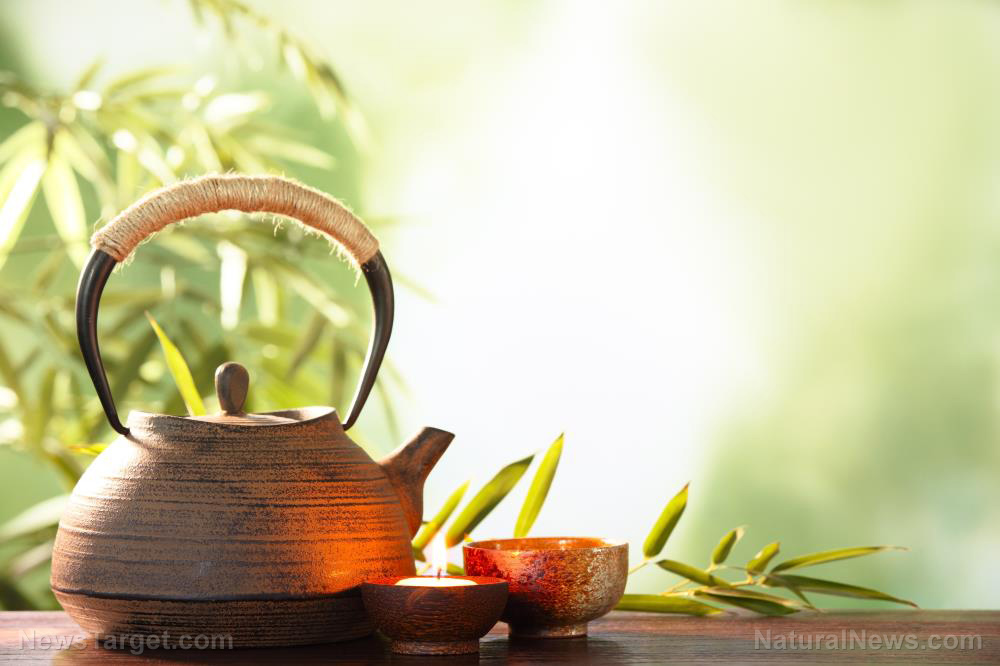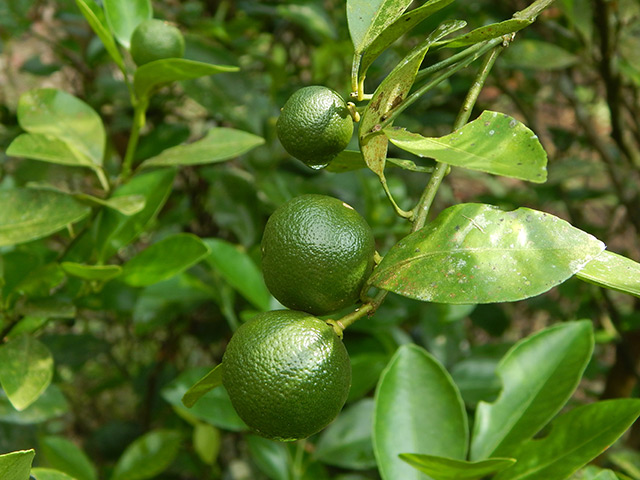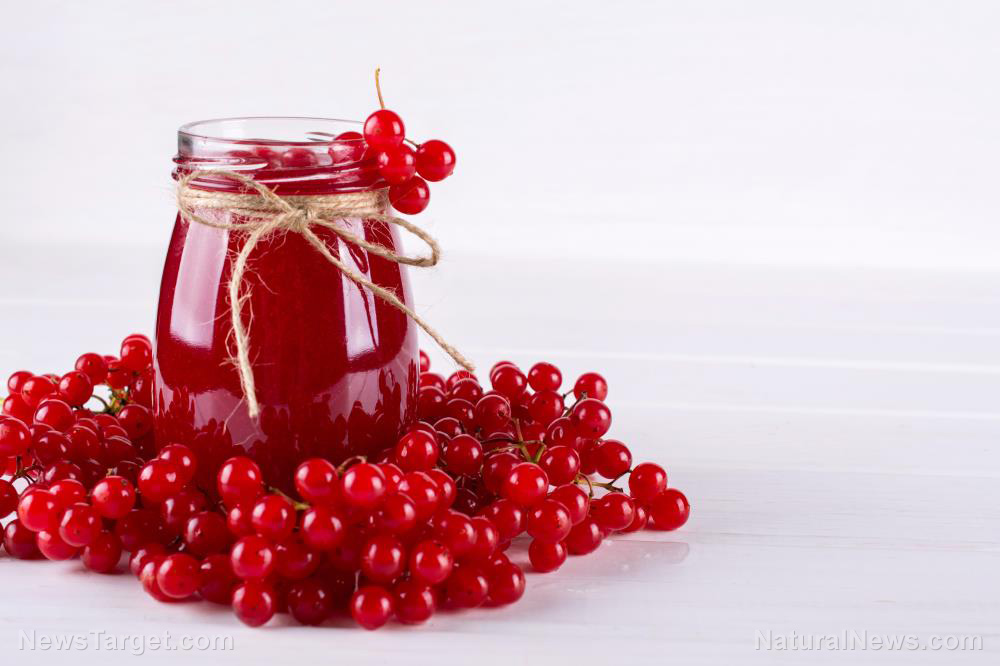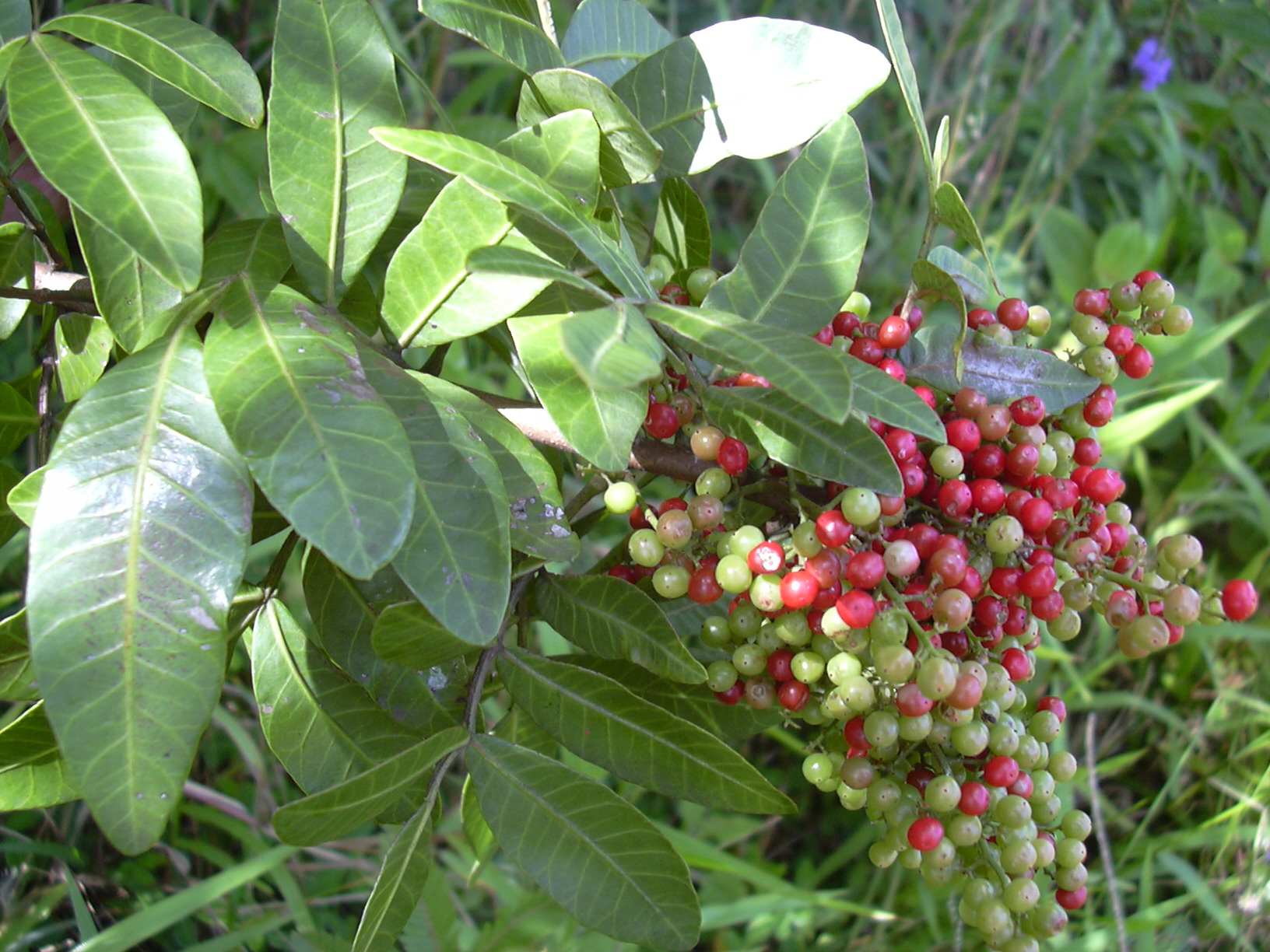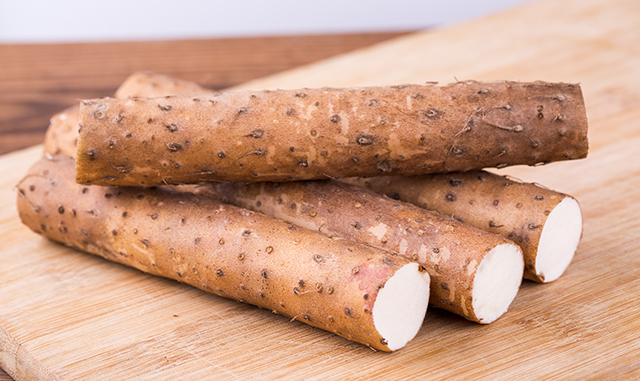One of the most sacred plants in India, here’s why tulsi is considered “The Queen of Herbs”
01/22/2019 / By Ellaine Castillo
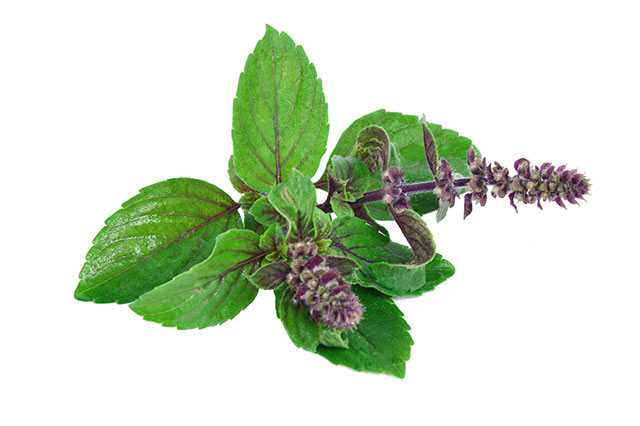
There’s so much more to herbs than just their culinary use — a lot of them also exhibit medicinal benefits. Navigating your way through the world of medicinal herbs can be a bit overwhelming, but if there’s one herb that you should know about then it’s tulsi, which is also known as holy basil.
Tulsi is not considered “The Queen of Herbs” for nothing. It has been used for thousands of years, especially by practitioners of Ayurvedic traditions, to promote and maintain wellness. Because of this, it is considered a sacred plant and is even worshiped by many Indians. Countless studies, including one by Professor Marc Cohen who is a long-time researcher and advocate for tulsi use, support the medicinal use of this herb. In his study, which was published in the Journal of Ayurveda and Integrative Medicine, Professor Cohen talked about the different properties of holy basil that help the mind and body adapt to a wide range of stressors.
Holy basil is rich in nutrients like potassium, calcium, magnesium, phosphorus, and vitamins A, B, C, and K. These nutrients contribute to the many health benefits of tulsi, which include the following:
- Reducing stress and anxiety — Tulsi is most famous for its adaptogenic properties that help improve mental balance and reduce stress, regardless of whether the cause is chemical, physical, or emotional. Studies in the Journal of Ayurveda and Integrative Medicine show that this herb possesses antidepressant and anti-anxiety properties similar to diazepam and antidepressant drugs but without the side effects.
- Protecting against infection — Extracts acquired from tulsi leaves can protect against bacterial and viral infections. Because of these properties, holy basil can also hasten wound recovery. Moreover, studies have shown that you can use this herb against mouth ulcers, keloids, raised scars, and acne.
- Improving blood sugar — People who suffer from prediabetes or Type 2 diabetes can benefit from tulsi since this plant has been shown to improve blood sugar by as much as 24 percent. Furthermore, taking holy basil can prevent diabetes symptoms like insulin resistance, weight gain, and high blood pressure.
- Lowering cholesterol — Holy basil contains a compound called eugenol that targets metabolic stress. This leads to a significant reduction in bad cholesterol and an increase in good cholesterol.
- Alleviating joint pain — Studies have shown that holy basil can help patients suffering from arthritis and fibromyalgia since it has potent anti-inflammatory, analgesic, and antioxidant properties.
- Enhancing cognitive function — This herb can improve memory and attention by inhibiting acetylcholinesterase, which is an enzyme involved in neurodegeneration. Moreover, studies suggest that tulsi can restore the integrity of the blood-brain barrier so that toxins can’t reach the brain.
- Protecting the stomach — Tulsi can be used as an alternative to medications for peptic ulcers, which have been associated with side effects like constipation and diarrhea. This herb protects the stomach from ulcers by reducing stomach acid and improving mucus secretion.
- Reducing cancer risk — There is evidence that holy basil protects against skin cancer by protecting against chemical and UV-induced damage and tumor growth. This effect is attributed to the presence of phytochemicals, namely eugenol, apigenin, luteolin, and rosmarinic acid. Studies have also shown that the anticancer activity of tulsi also works against lung, breast, liver, stomach, and oral cancer. (Related: Holy basil is a clinically proven antioxidant, cancer fighter, neuropathy healer, and anti-microbial.)
Read more news articles on the health benefits of different herbs by visiting Herbs.news.
Sources include:
Tagged Under: adaptogenic herb, alternative medicine, analgesic, anti-inflammatory, Antimicrobial, antioxidant, herbal medicine, Herbs, holy basil, natural cures, natural medicine, plant medicine, stress, Tulsi








